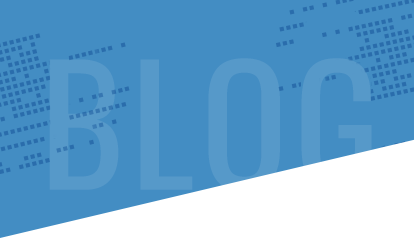The world of software development is continuing to get more competitive, so every advantage your department can benefit from is key to your long-term success. Since human capital and your in-house teams are essential pieces to your puzzle, you need to make sure that they are being utilized correctly, and always focused on the task at hand.
Historically, one of the biggest time drains for any software team is when it comes to dealing with non-core tasks. These activities are service aspects that are not directly related to the core value proposition that is provided to the end customer, such as maintenance, installation, or operation of a particular piece of software or IT product. To improve the efficiency of internal teams, companies are beginning to strategically outsource non-core IT tasks. In doing so, they see savings in both time and money, as well as increased morale of the internal software team as a whole.
Let’s take a look at a few things that you will need to consider if you are interested in exploring an outsourcing strategy for your non-core tasks.
Clearly Define Your Core vs. Non-Core Tasks
The first step to take when considering an outsourcing strategy for your non-core tasks is to clearly identify the specific activities that would fall into that bucket within your company.
Generally speaking, your “Core” functions are going to be activities that improve the value of your services to your customers and serve as a direct profit center. For example, from an IT perspective, this may include all of the activities that go into building a new piece of software for your customer that they are directly paying your firm to develop.
Your “Non-Core” tasks are going to be day-to-day activities that are more “routine” or “service” oriented. This bucket of tasks may include things such as software maintenance, bug fixes, and other types of functions that commonly pop up unexpectedly.
By taking the time to clearly define which bucket your responsibilities fall into, it will become much easier to focus on the practical tasks at hand and give clear direction to a 3rd party vendor that may be retained to help handle the load.
Make Your Team More Efficient by Taking Away Distractions
It can be very difficult to do anything well if you are constantly interrupted with random work that needs to be tended to, especially if the task is something that is not commonly dealt with. Most software team members have a clearly defined set of core competencies as well, so by pulling them outside their comfort zone, you are losing productivity and money to your bottom line.
By outsourcing your non-core tasks, you can keep your software engineers hyper-focused on the tasks at hand and get more hours out of every day. After all, you don’t want your expensive software engineers focused on jobs that not only take them away from more important duties, but work that could be done by a less specialized resource at a fraction of the cost. Or you may have a partnership with a 3rd party vendor that can help to address any technologies or solutions for which you don’t have a viable in-house resource. This strategy prevents the need for your team to have to “figure out” a problem from scratch, which can take up an exorbitant amount of time.
Modernize Your Internal Applications
You’re completely focused on your customer needs, and your resources are deployed working on the latest and greatest revenue-producing applications. What do you do with your older internal applications that just have to be updated? You don’t have the resources or the time to worry about that, but they cannot stay as is.
The modernization of your internal applications can also be disengaged from your core workload and having a trusted partner take over for you and complete the work, allows you to meet all your internal and external objective.
Keep Your Internal Software Team Engaged
Good employees are hard to find, and this is even more true in the software industry. As a result, you want to provide them with an optimal work environment and keep them engaged on projects that are interesting and within their wheelhouse.
If you instruct your in-house team to focus on the “Core” tasks that lead to driving profits and innovation for the company, more often than not they will be more engaged and satisfied with their role within the firm. If they feel like they are always bogged down with mundane tasks and a lack of transparent process, the odds are greater that their morale won’t be as good, and you could face higher attrition over time.
For nearly 20 years, Softensity has helped companies build better IT by extending their organization to help with resources and projects. We offer unbiased recommendations and have extensive and deep skill sets in-house covering all major technologies and can be your ideal partner. Contact us today to learn why we are a software partner you can trust.


